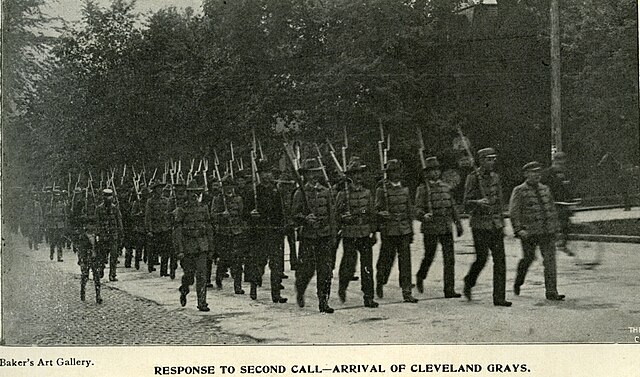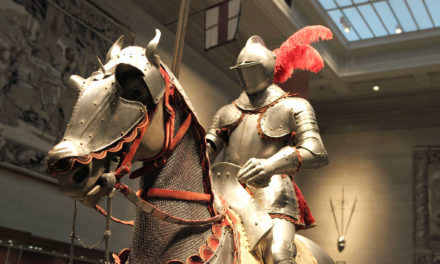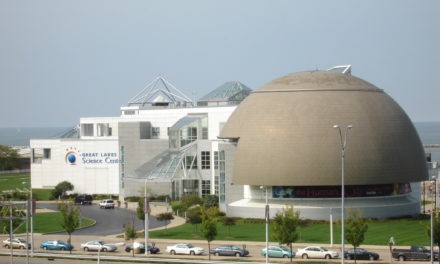Cleveland History
September 15, 1973 – The Gay Activists Alliance organized a Gay Pride March in Cleveland, beginning outside the bar “The Change” and proceeding along Euclid Avenue to a rally in Public Square.
September 16, 1963 – Cleveland Public Library officially dedicated its new main building addition, significantly expanding its capacity and enhancing services to the public.
September 16, 1838 – The Cleveland City Guards, soon to be known as the Cleveland Grays, were formally established when seventy‑eight men enlisted, marking the inception of one of the region’s oldest volunteer military organizations.
September 16, 1964 – The Beatles performed at Cleveland Public Auditorium, though the concert was cut short by police during the third song when enthusiastic fans surged onto the stage.
September 21, 1946 – At Euclid Beach Park, a six‑member interracial group from CORE (Congress of Racial Equality) was forcibly removed by park police; the incident sparked a confrontation with off‑duty Cleveland police officers and led to the park closing a week early at the mayor’s request.
World History
September 15, 1963 – A bomb exploded during Sunday morning services at the 16th Street Baptist Church in Birmingham, Alabama, tragically killing four young African American girls. The attack became a defining moment in the U.S. civil rights movement.
September 15, 1789 – The U.S. government formally renamed the Department of Foreign Affairs as the Department of State, with expanded domestic responsibilities—a key organizational step in early American governance.
September 20, 1973 – Billie Jean King defeated Bobby Riggs in the famous “Battle of the Sexes” tennis match at the Houston Astrodome, a landmark event in sports history and the women’s rights movement.
September 20, 1519 – Ferdinand Magellan set sail from Spain on his expedition that would ultimately become the first circumnavigation of the globe—an epochal achievement in human exploration.
September 20, 1870 – Italian troops occupied Rome, completing its incorporation into the Kingdom of Italy and effectively ending papal temporal power—an important milestone in the unification of Italy.







